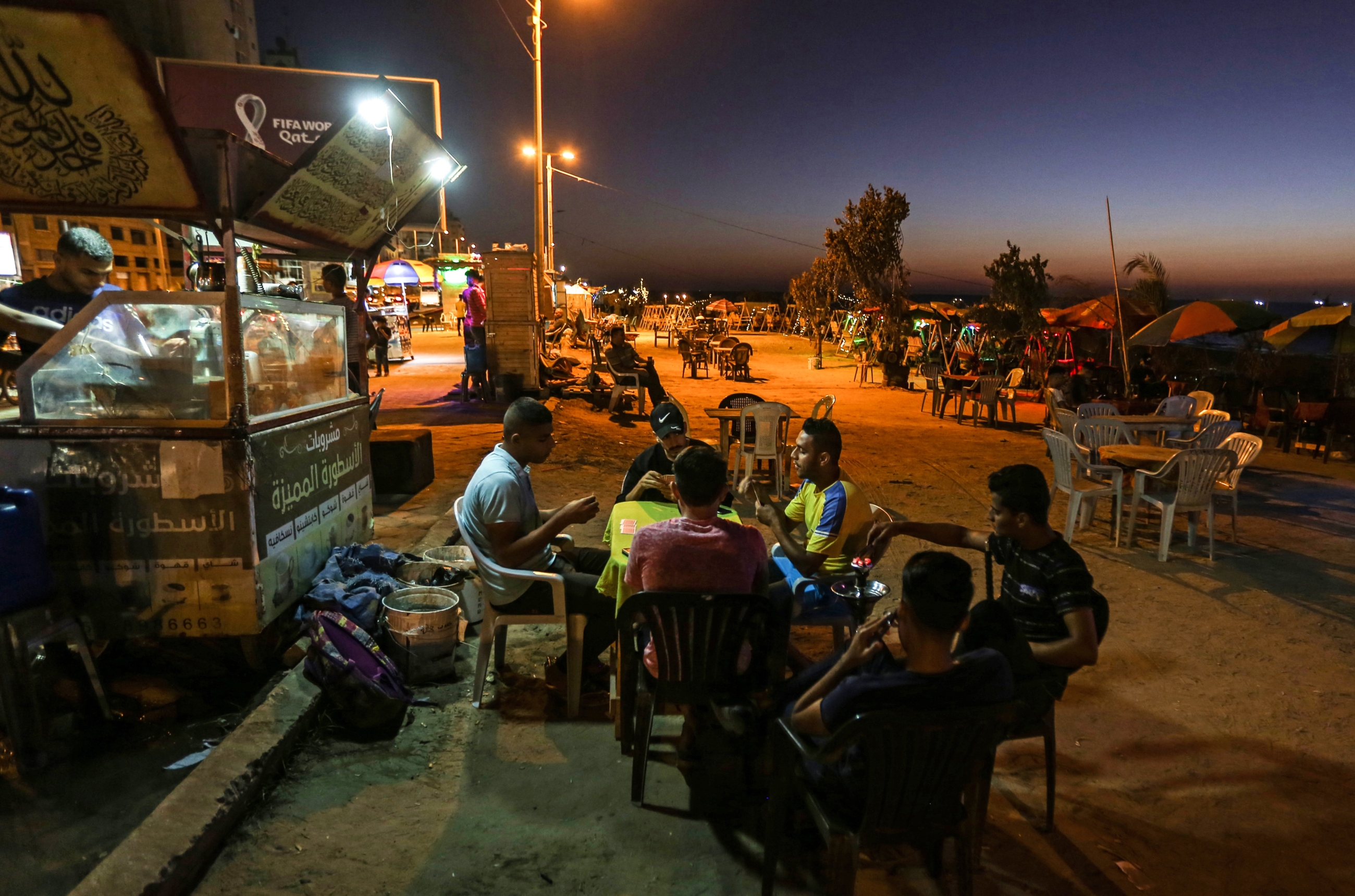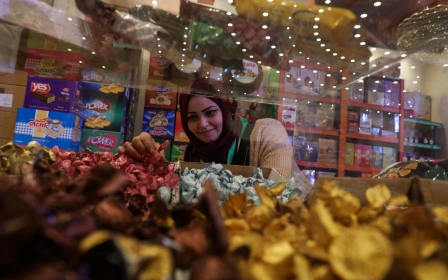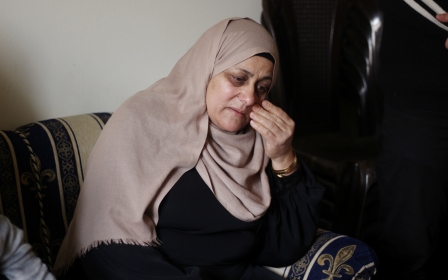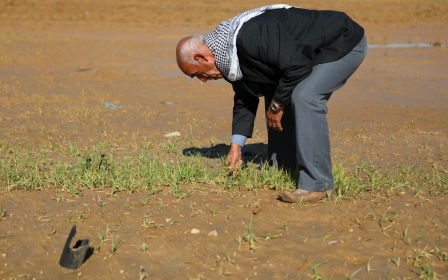‘The safest place in the world’: How the coronavirus went viral in Gaza

While the coronavirus has prompted panic and emergency measures around the world, many Palestinians trapped in Gaza have responded with black humour on social media, joking that the blockaded enclave may now be the “safest place in the world”.
Commenting on a Facebook post about the disease spreading to Lebanon earlier this week, Monzer Rajab wrote: “God willing, it is hard [for the coronavirus to reach Gaza]. Gaza has been on quarantine lockdown for 14 years,” referring to the blockade imposed by Israel since 2006.
Loai Harazin, a Palestinian activist, wrote on Twitter: “One of the benefits of the blockade, travel difficulties, and isolation of Gaza, is that it is hard for the coronavirus to reach Gaza.”
Tayssir Balbissi, a HR consultant, shared the same opinion.
“With the coronavirus being transboundary, it looks like besieged Gaza will be the safest place in the world,” he said in a tweet.
Having endured repeated Israeli attacks on the territory, as well as fuel shortages, power cuts, contaminated water and crumbling infrastructure, others scoffed at the idea that the virus could harm them any further.
Writing on Facebook, Nadia Abushaban, a 25-year-old activist, compared the virus to a popular chocolate-covered wafer biscuit with a cream filling called Korona that is popular in Gaza.
“We have not died of four wars, chemicals, toxic gases that half of our youth inhaled near the border fence [with Israel], light bombs, or phosphorus. You think we would die of corona with cream? Calm down, people,” she said.
Areej Muhammed, 28, told Middle East Eye that she was worried about how Gaza’s crumbling healthcare system would cope if the coronavirus did reach the enclave, but said that people had endured so much that many considered the threat to be “child’s play” compared to what else they had lived through.
“I have lived through three wars and saw what death looks like. Once someone lives such an experience, everything else becomes sarcastic and less serious,” said Muhammed.
“The coronavirus is not a joke and we know a crisis would strike the Strip if it reached us due to our collapsing health sector, but people have seen a lot in a few years; they have come to believe that they can get over anything.”
Writing on Twitter under the nickname Nectasua, another young woman from Gaza pointed out that the virus was unlikely to faze people who had become accustomed to making jokes about Israeli air strikes.
“Don’t be afraid. If [the coronavirus] reached Gaza, it will run away. We even make jokes of warplanes during [Israel’s] wars; you want us to worry about the coronavirus?” she said.
Following news of the outbreak of the disease in nearby countries, the Palestinian Ministry of Health in Gaza announced it had not yet recorded any cases.
“Someone please tell [Israeli Prime Minister Benjamin] Netanyahu not to threaten Gaza because even the coronavirus could not beat us,” 38-year-old Nehal Eljuidy wrote on Facebook.
“Thank God that no coronavirus cases have been recorded in Gaza. But if [Israel] lets infected people in, I swear to God we would throw [the virus] back using balloons,” said Ahmed in a tweet, referring to the incendiary balloons used by Palestinians to try to start fires in the occupied farmlands and neighbourhoods near the eastern border fence with Gaza.
But with Gaza’s hospitals unable to provide many health services due to severe overcrowding and the lack of medical equipment and drugs, some wondered what would happen if the coronavirus did reach Gaza.
“Oh, if the coronavirus knew that there is a zone called Gaza where [doctors] have you buy [medical drugs] from outside the hospitals [due to lack of medicine] to give you the injection, I wonder what [coronavirus] would do to us,” said journalist Amer Baalousha on Facebook.
“The coronavirus will run away from poverty in Gaza,” commented Ayman Hamdona on Baalousha’s post.
According to international human rights groups, less than half of the required medical drugs needed for the population were available in Gaza at the beginning of 2020, while waiting periods for many surgeries exceed 16 months.
Doha al-Sadi, a 28-year-old school teacher, told MEE that the reason people in Gaza were not concerned about the coronavirus was that “they have seen enough”.
“Almost every Palestinian in Gaza has gone through a life-changing experience during Israel’s military attacks or due to the suffocating life conditions in the Strip. It is normal that they would see anything else as less alarming,” she said.
“Palestinians in the Gaza Strip have been living on the sidelines of life for decades now. The least they can do is deal with all these crises with a sense of bitter black humour.”
This article is available in French on Middle East Eye French edition.
Middle East Eye propose une couverture et une analyse indépendantes et incomparables du Moyen-Orient, de l’Afrique du Nord et d’autres régions du monde. Pour en savoir plus sur la reprise de ce contenu et les frais qui s’appliquent, veuillez remplir ce formulaire [en anglais]. Pour en savoir plus sur MEE, cliquez ici [en anglais].




